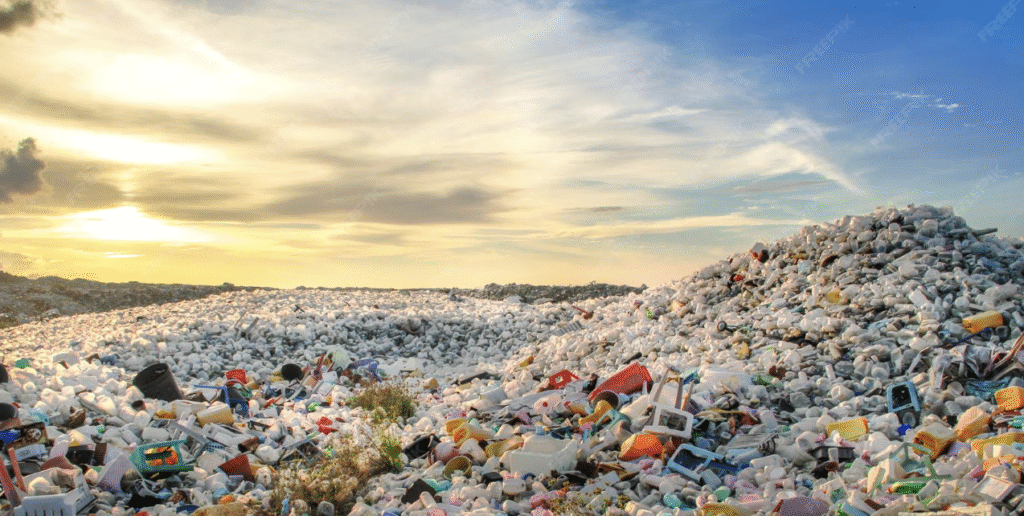The daily use of plastic products, such as disposable food containers, significantly exacerbates the landfill burden worldwide, contributing to the accumulation of over 2 billion tons of solid waste in landfills annually. Traditional plastics, derived from non-renewable fossil fuels, do not decompose naturally and can persist in landfills for hundreds of years, releasing methane—a potent greenhouse gas—and leaching harmful chemicals into the soil and groundwater. This persistent waste occupies valuable space, leading to the expansion of landfills and environmental degradation. In contrast, biodegradable materials offer a promising solution by breaking down organically, reducing the long-term occupancy of landfill sites. By replacing conventional plastics with biodegradable alternatives, we can alleviate the pressure on landfills, which are projected to reach capacity in many regions within decades if current trends continue.
Biodegradable products made completely from agri-fibers decompose efficiently even in the backyard of homes through natural processes like composting. These materials, rich in cellulose and lignin, are broken down by microorganisms, fungi, and enzymes present in soil, requiring only moisture, oxygen, and moderate temperatures typically found in a home compost pile. Unlike industrial composting, backyard decomposition of these biodegradable materials can occur within 3-6 months, transforming the products into nutrient-rich humus that enriches garden soil. This home-based degradation not only diverts waste from landfills but also empowers households to manage their disposable food containers sustainably, turning potential trash into a resource for gardening and reducing the need for chemical fertilizers.
The widespread adoption of biodegradable materials in everyday items like biodegradable plates and disposable food containers has a profound impact on landfill reduction, potentially diverting millions of tons of waste annually. By decomposing naturally without leaving toxic residues, these products minimize methane emissions from landfills and support a circular economy where waste returns to the earth productively. Studies indicate that switching to agri-fiber-based biodegradable products could reduce landfill waste by up to 30% in food service sectors alone. To maximize these benefits, consumers and businesses should prioritize eco-friendly options. Discover more about our innovative biodegradable solutions at www.thedegradables.com and contribute to a sustainable future.

